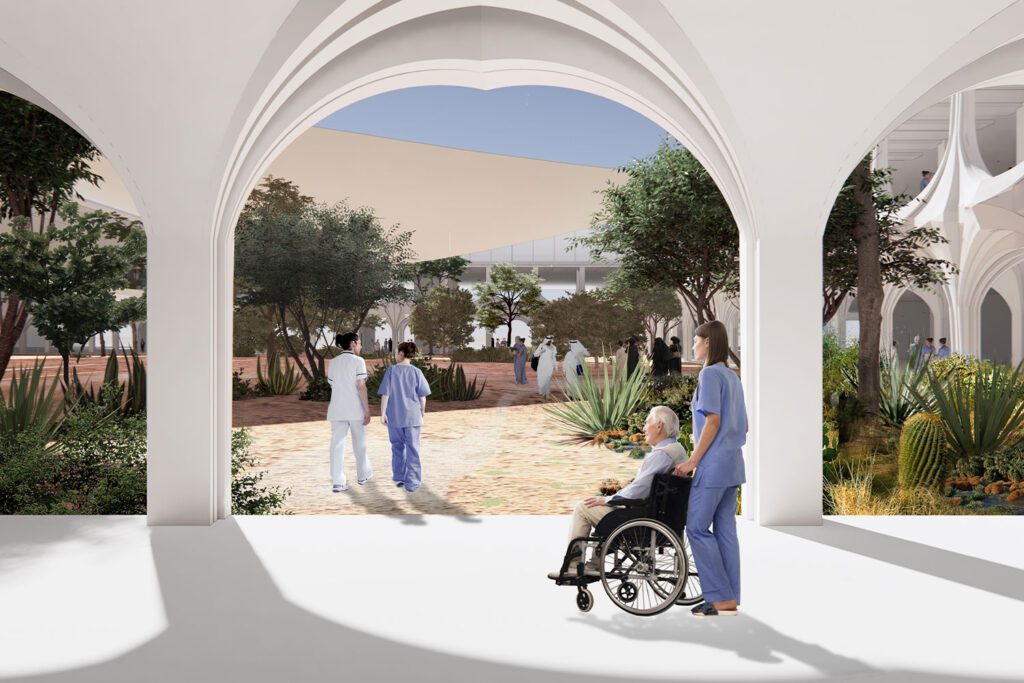Cognitive is the new Smart…
With the future becoming more urbanized than ever, cities are increasingly looking towards technology to solve some of the pressing challenges of urban growth, we explore the move towards the cognitive city.

This brings enormous challenges, ranging from meeting basic human needs for clean water, food, and shelter to waste and pollution, to mobility and access to jobs and services, to enabling good quality of life. Climate change will exacerbate these challenges.
Whilst cities are responsible for over seventy percent of energy-related carbon emissions[1], they are increasingly also considered the solution to these problems. The density of the urban fabric allows for more resource efficient provision of transportation, housing, electricity, and water. Cities also have the economic and social capital to spearhead the needed changes.
To tackle these challenges, cities increasingly look towards technological solutions, often under buzzwords such as ‘smart cities’, ‘digital cities’, ‘intelligent cities’, or – the latest addition to the debate – ‘cognitive cities’. While the term smart cities has been used to define a broad range of strategies to leverage information technologies such as sensors and other forms of data collection devices to help governments and residents to make data-driven decisions to solve the above mentioned challenges[2], the concept of cognitive cities is increasingly pushed by academics to characterize a step-change in the use of technologies.
“The information flow in any current, self-labelled smart city is unidirectional, the information flow in cognitive cities is seen as more multidirectional.”
The information flow in any current, self-labelled smart city is unidirectional, where residents and governments receive information such as traffic conditions or service outages; the information flow in cognitive cities is seen as more multidirectional. This means residents also provide information to urban systems such as energy and transportation networks to allow these systems to adapt their behavior. A prominent early example of this is the Waze app where drivers share real-time traffic and road information.
The recently published book Towards Cognitive Cities: Advances in Cognitive Computing and its Application to the Governance of Large Urban Systems introduces the still relatively new concept of cognitive cities and demonstrates the benefits of cities becoming more cognitive. Robert Moyser and Sabina Uffer co-authored the chapter From Smart to Cognitive: A Roadmap for the Adoption of Technology in Cities. In this section, they discuss not only the benefits of technology, but also the challenges that cities face in implementing smart and cognitive city strategies. The authors argue that technology is a key tool but one in a full box of different tools that need to be employed to address the challenges that cities face.
The book is available here.
[1] IPCC (2014). Climate Change 2014: Mitigation of Climate Change – Chapter 12 Human Settlements, Infrastructure and Spatial Planning. Potsdam, IPCC – Working Group III.
[2] Townsend, A. (2013). Smart Cities: Big Data, Civic Hackers, and the Quest for a New Utopia. W. W. Norton & Company.






